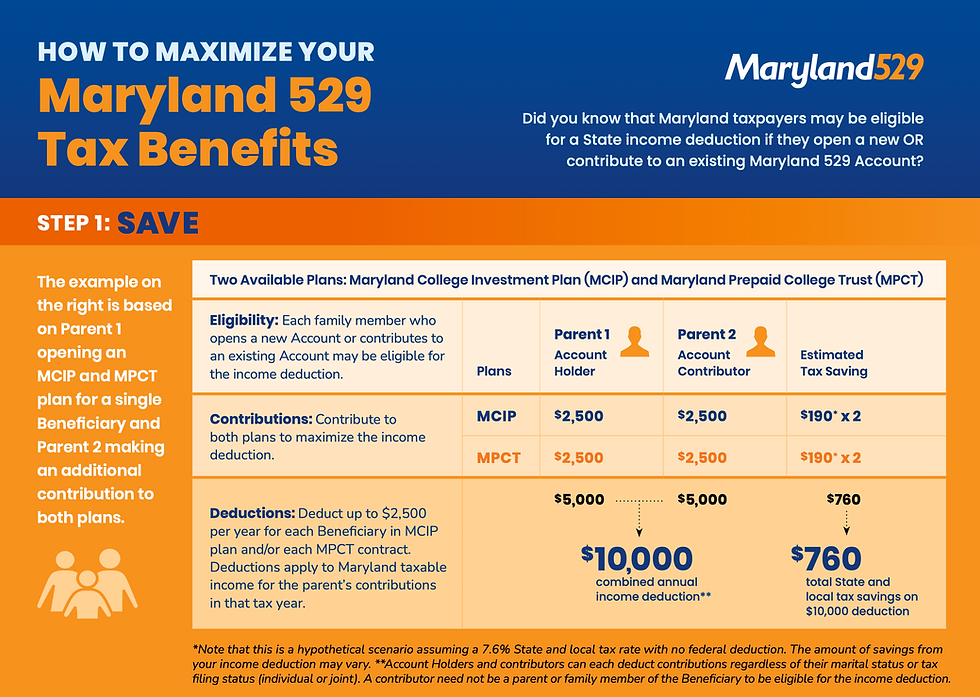Wondering if you should contribute to a Health Savings Account (HSA)?
- Samantha Hawkins

- Dec 9, 2021
- 2 min read
Updated: Dec 9, 2024
What is a Health Savings Account (HSA)?
To be eligible to contribute to an HSA plan offered by your employer, you must be enrolled in a high-deductible health plan (HDHP), which is defined as one with a deductible of at least $1,400 for an individual or $2,800 for a family.
For 2021, you can contribute up to $3,600 for individual coverage and up to $7,200 for family coverage. For 2022, the limits are $3,650 for individuals and $7,300 for family coverage. Employees that are age 55 and older can make catch-up contributions of $1,000 per year (separate account required for catch-up contributions). If either spouse has family HDHP coverage, both spouses are treated as having family HDHP coverage. If each spouse has family coverage under a separate plan, the contribution limit for 2021 is $7,200. Some employers contribute a portion of the amount paid into the employee's account. The maximum contribution remains the same in that case. Unlike a flexible spending account (FSA), any money left in your HSA doesn't disappear at the end of the year. It rolls over into the new year.
Is it too late to contribute to an HSA? There is a way to contribute the maximum even if you are eligible for the plan for less than the full year under the so-called "last-month rule." According to the Internal Revenue Service (IRS), if you are eligible for a plan on the first day of the last month of the tax year (Dec. 1 for most people) you are considered eligible for the entire year. By that rule, you could contribute up to the top limit. If, however, you use the last-month rule, you must remain HSA-eligible for that month as well as the following 12 months. Otherwise, you'll have to pay income tax on your contribution amount and pay a 10% penalty on the money (unless you become disabled or die.)
Tax Benefits of an HSA
1. The funds are not taxed when put into an HSA (pretax employee contributions),
2. Employee contributions deposited are tax-deductible on returns for that year, even for filers who do not itemize deductions,
3. Any earnings through interest and potentially through investing are not taxed, and
4. Money withdrawn is not taxed when it is spent, as long as the funds are used for qualified medical expenses.



Comentarios